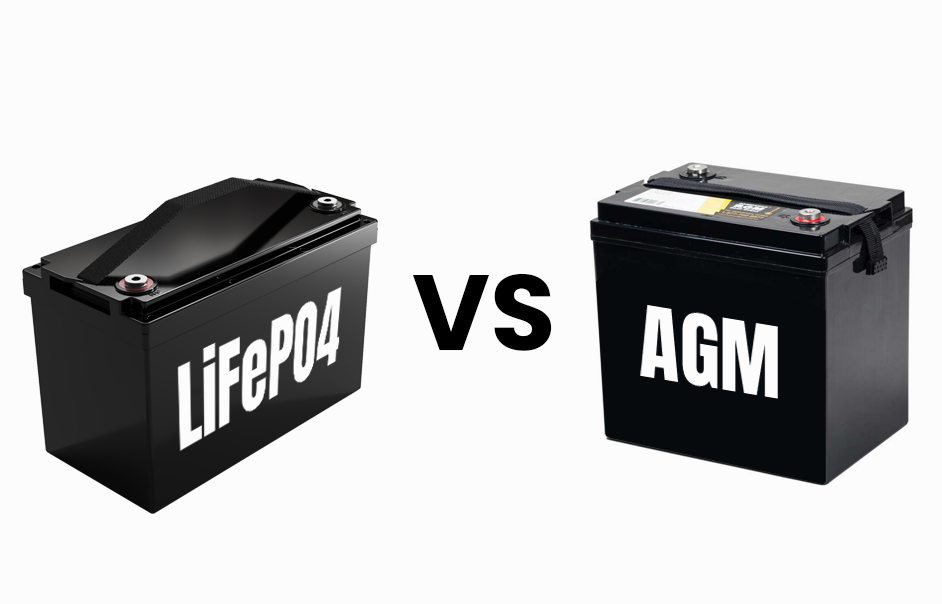Navigating the world of batteries can be overwhelming, especially when faced with choices like LiFePO4 and AGM. Redway Power has recently simplified the decision-making process with a thorough comparative guide, empowering consumers to make informed choices tailored to their needs.
Understanding the Basics: LiFePO4 and AGM batteries serve distinct purposes, each with unique characteristics. LiFePO4 batteries boast high energy density and longevity, making them ideal for applications requiring sustained power. On the other hand, AGM batteries offer maintenance-free convenience and durability, perfect for rugged environments.
Advantages and Disadvantages: Delve into the advantages and disadvantages of each battery type. LiFePO4 batteries impress with their long lifespan, high efficiency, and superior safety features. However, they come with a higher upfront cost and require careful monitoring. AGM batteries, while more affordable initially, have a shorter lifespan and slower charging rates.
Cost Analysis and Real-Life Applications: Explore the cost implications and real-life applications of LiFePO4 and AGM batteries. While LiFePO4 batteries may require a larger investment upfront, their longevity and performance make them a worthwhile investment for renewable energy systems, electric vehicles, and marine applications. AGM batteries find their niche in backup power systems, recreational vehicles, and medical equipment, offering reliability and affordability.
Factors to Consider: Redway Power emphasizes the importance of considering factors like intended use, lifespan, weight, charging time, and cost when choosing between LiFePO4 and AGM batteries. Tailoring your decision to your specific needs ensures optimal performance and value.
Redway Power’s comparative guide equips consumers with the knowledge needed to navigate the battery landscape effectively. Whether you’re off-grid, embracing solar energy, or powering essential equipment, make the right choice with Redway Power by your side.
Redway Power's comparison of lithium polymer (LiPo) and lithium-ion (Li-Ion) batteries explores their composition, energy density, safety features, application performance, and cost factors. LiPo batteries boast higher energy density and are lightweight, making them perfect for compact devices like smartphones. However, they demand careful handling due to safety concerns.
On the other hand, Li-Ion batteries, while slightly less energy-dense, offer higher capacity, suiting larger applications such as electric vehicles. Safety considerations include proper storage and charging methods for both types. Performance variations are based on factors like power output, size, weight, and temperature sensitivity. Although LiPo batteries may have a higher upfront cost due to manufacturing complexities, advancements in technology have made both types more affordable over time. Ultimately, the choice between LiPo and Li-Ion depends on specific needs, cost considerations, and safety priorities.
Media Contact
Company Name: Redway Power, Inc.
Contact Person: Mr. Smith
Email:Send Email
Phone: +86 (755) 28010506
City: Shenzhen
State: Guangdong
Country: China
Website: https://www.redwaypower.com/

